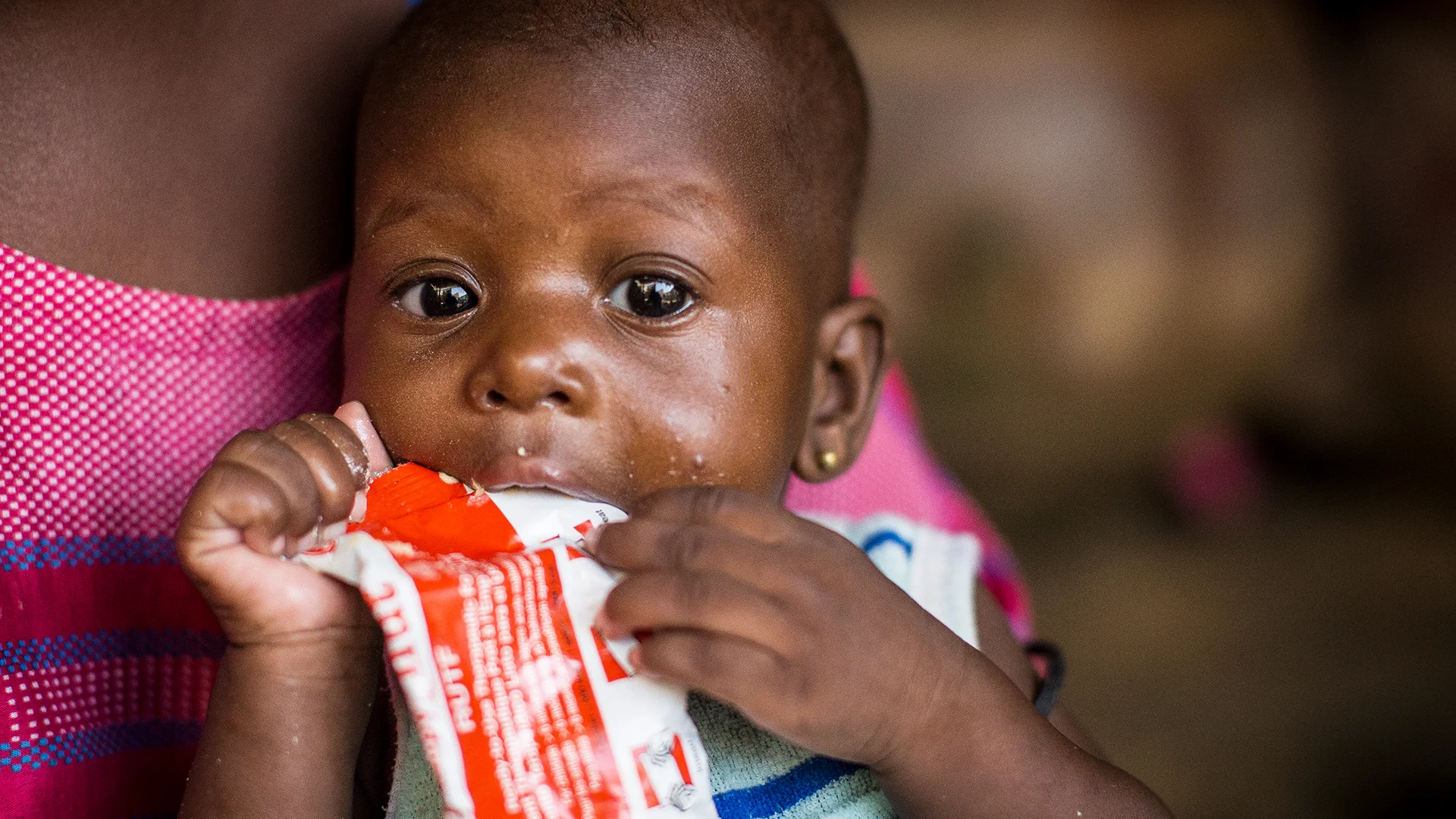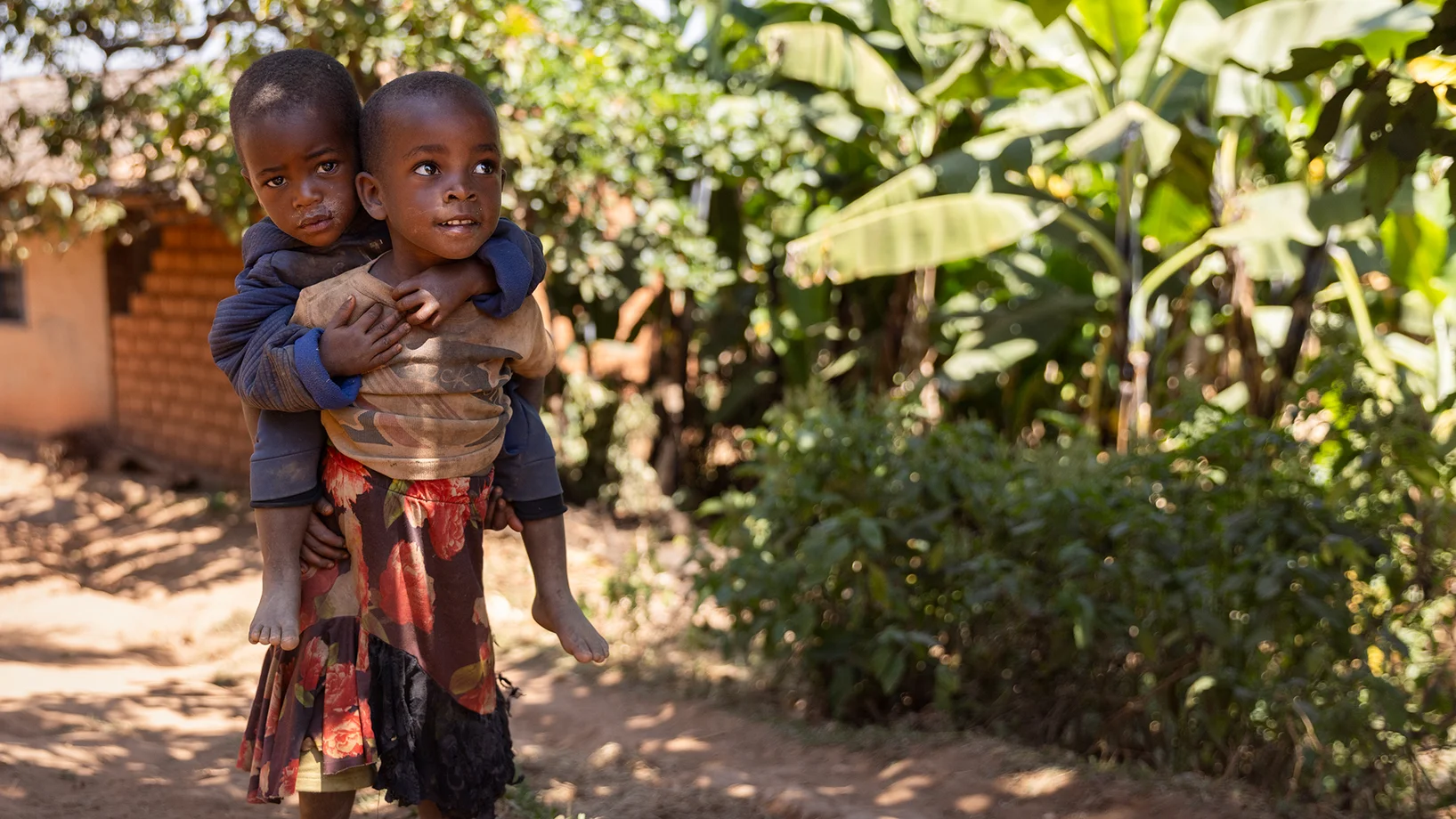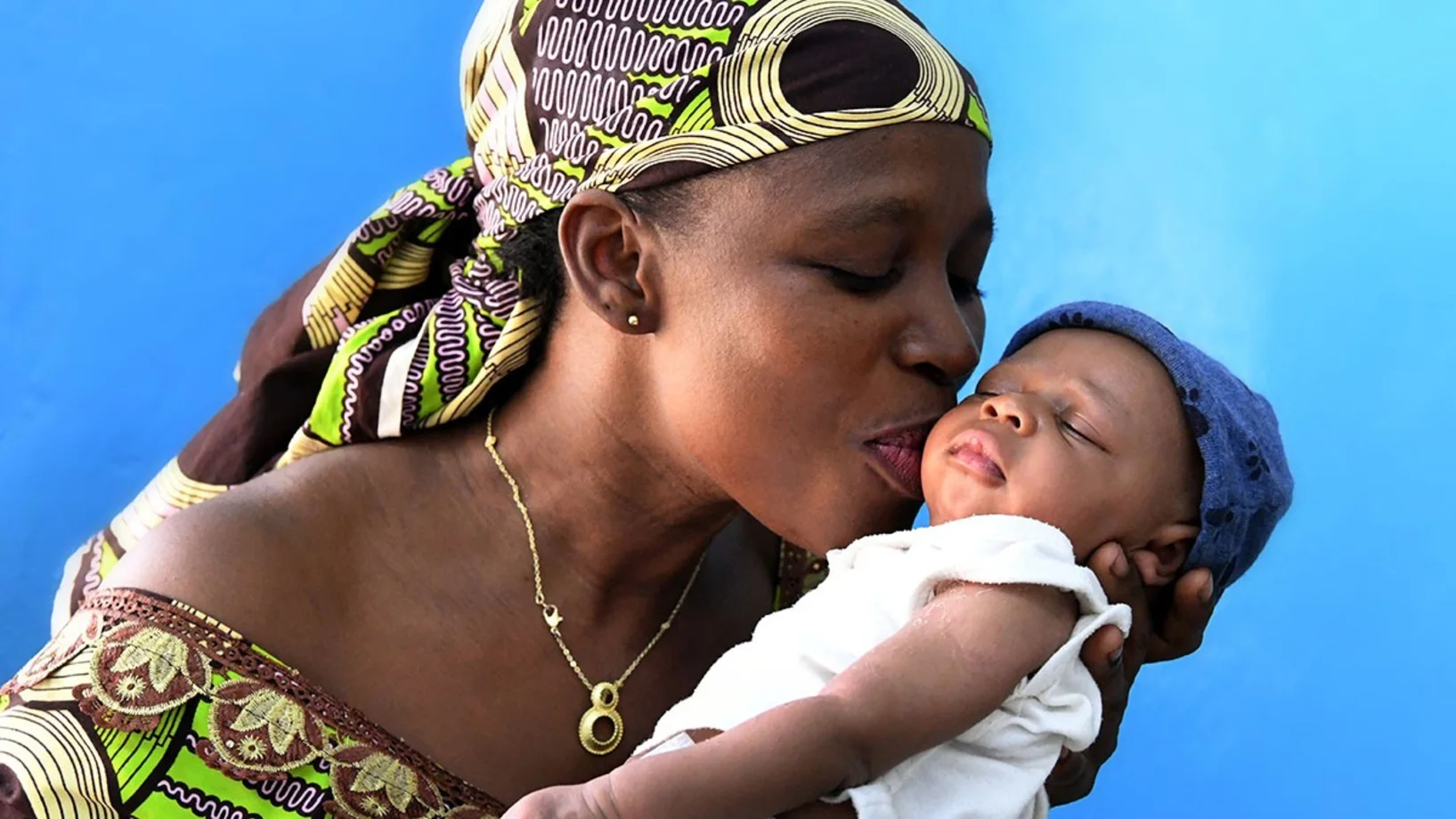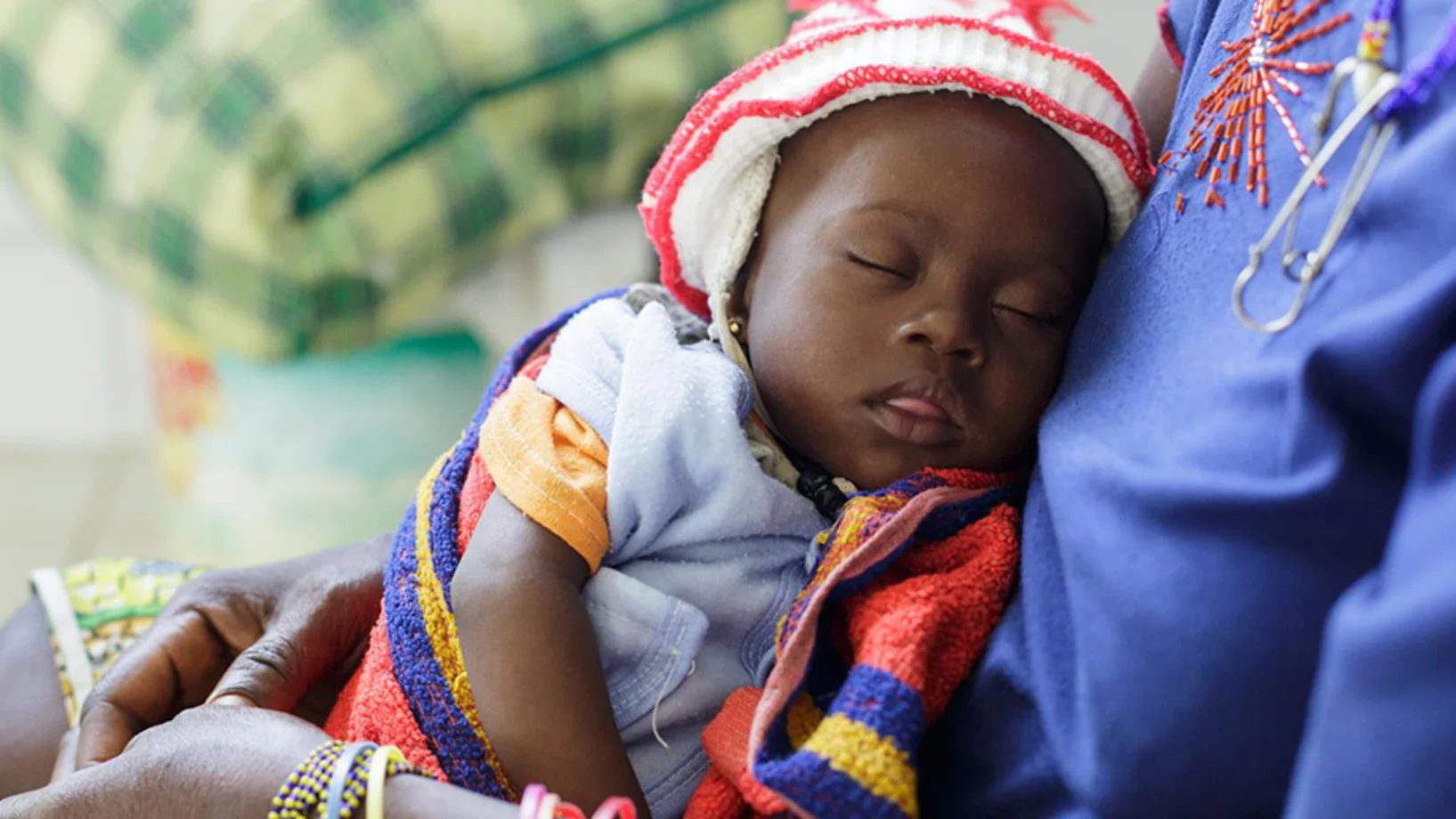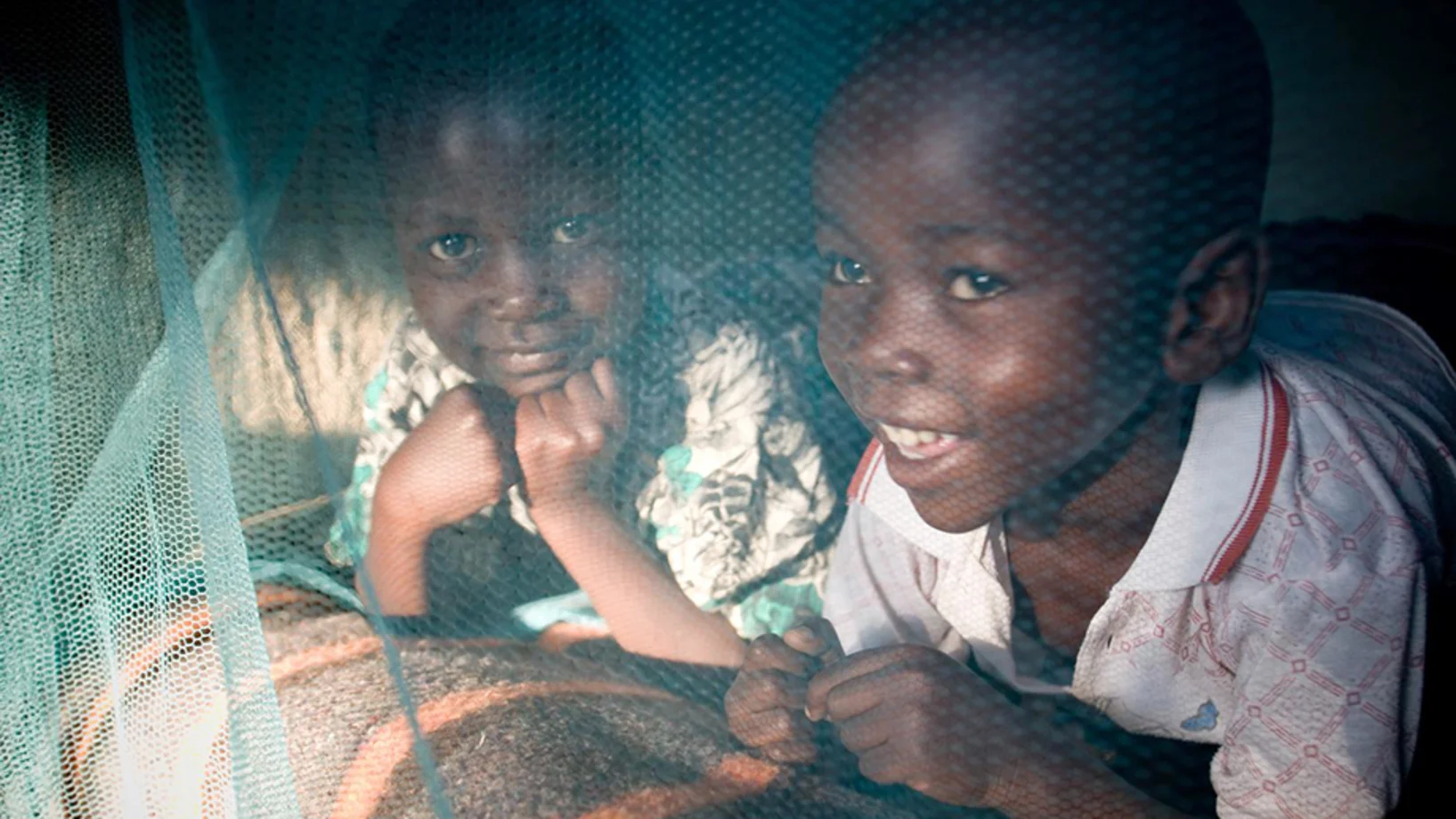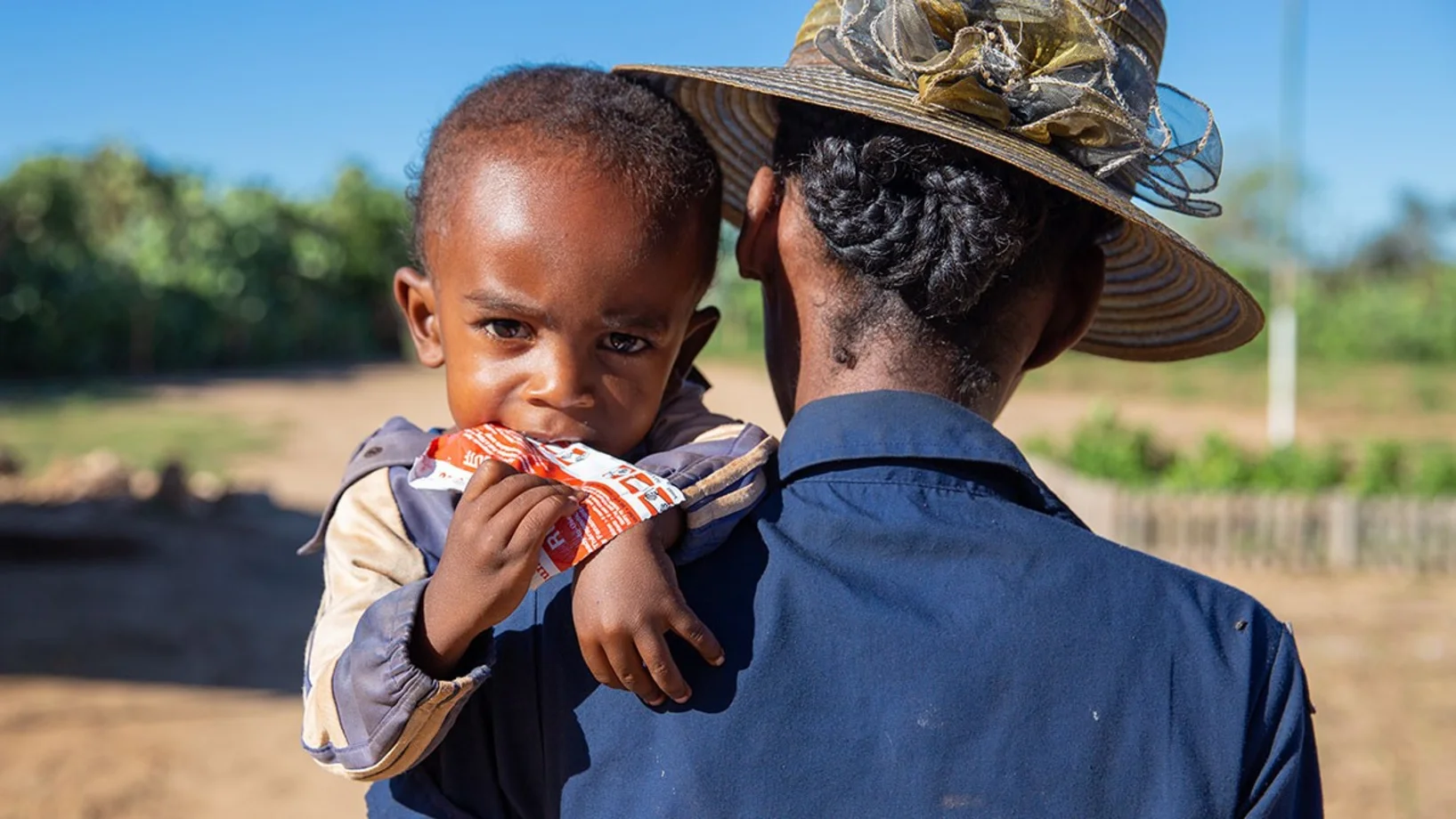Every day, more than 13,400 children under the age of five die worldwide. Almost half of them do not even survive the first 28 days. Most of these premature deaths could be prevented by simple means such as breastfeeding, healthy food for mothers and infants, and medical care.
The situation
Malnutrition, preventable diseases and incomplete healthcare claim the lives of more than 13,600 children under the age of five worldwide every day. That’s 570 children every hour, or nearly 10 children every minute. 47 percent of them do not even survive the first 28 days. More than 80 percent of under-five deaths occur in sub-Saharan Africa and South Asia.
In the first 1,000 days, for example, most babies die due to complications resulting from premature birth, complications during delivery, pneumonia, diarrhea, infant sepsis and malaria. In almost half of all cases, malnutrition is partly responsible for these children’s deaths.
This does not have to be the case. There are simple and cost-effective measures that can provide rapid help and effective protection for children.
How UNICEF helps
UNICEF is committed to ensuring that all children get a safe start in life.
- UNICEF supplies local health centers with necessary medical equipment, materials and medicines; trains healthcare staff and carries out widespread vaccination campaigns.
- UNICEF distributes impregnated mosquito nets to families to protect children from malaria.
- UNICEF enables women to receive professional medical care during pregnancy and childbirth.
- UNICEF implements programs to prevent the transmission of HIV from mother to child.
- UNICEF supports feeding centers where severely malnourished children are given specialized therapeutic food.
- UNICEF opens up new water sources in villages, builds wells and equips them with hand pumps.
- UNICEF builds latrines in schools and public buildings, and provides basic hygiene education in schools and communities.
- UNICEF provides vaccines to 45 percent of children under five each year. Vaccinations save two to three million children from deadly diseases each year.
